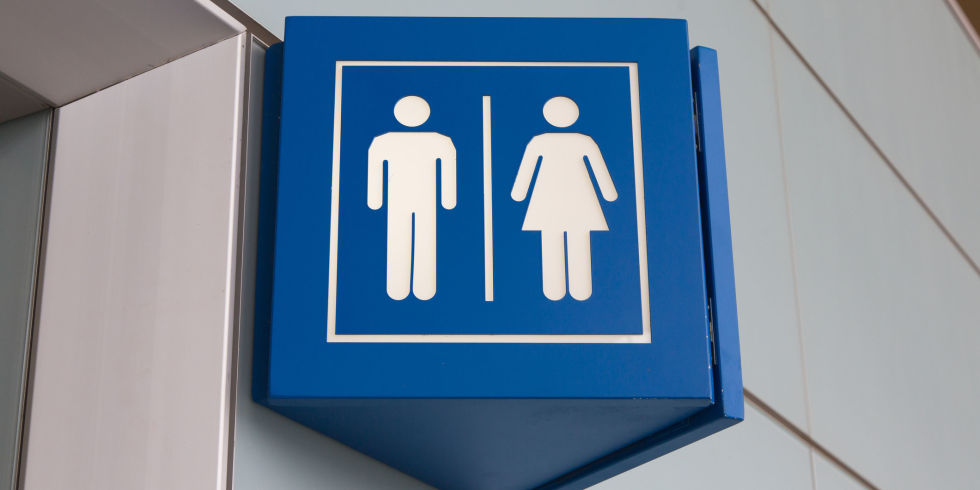Clogged plumbing, leaky pipes, valves that spew hot air. We all run into digestive problems — but in some cases, gender decides which troubles you’ll get.
Men
His stomach works overtime. Both genders are popping antacids. The number of adults who get acid reflux and heartburn on a weekly basis jumped nearly 50% in the last decade, thanks in part to a rise in obesity. But the fellas are at higher risk of developing complications from chronic reflux. Men churn out more stomach acid than women do and tend to store extra fat around their middle, which makes the condition even worse, says Hashem El-Serag, MD, chief of the gastroenterology section at Baylor College of Medicine.
He gets a hall pass from IBS. Lucky guy! He’s less likely to get irritable bowel syndrome (IBS), a disorder of the large intestine that triggers gassiness, diarrhea, and constipation. Scientists think male hormones might offer some sort of protection against it, though more research on this is needed. IBS isn’t life-threatening, but awfully inconvenient: Patients miss three times as much work as other people, and more than half of sufferers say it hurts their social lives.
His colon runs like clockwork. A guy’s colon is about 8 centimeters shorter than a woman’s and empties out faster, which may be why men get constipated less often. Still, with the recent rise of colorectal cancer among adults under 50 (likely due to crappy diets and obesity), he should pay close attention to his body: Men should go see a doctor ASAP if they spot symptoms like rectal bleeding or unexplained weight loss.
Women
She’s got an upset tummy. Acid is more likely to damage a man’s esophagus than ours, but we’ve got plenty of stomach worries. We’re more at risk for dyspepsia, or pain in the upper abdomen, and the bloating and nausea that often come with it. In addition, we take more nonsteroidal anti-inflammatory drugs like ibuprofen, typically to soothe cramps and treat chronic pain. When you down them too often, the drugs can irritate the stomach lining, which may lead to ulcers.
Her hormones might make IBS worse. Women are about twice as likely to suffer from IBS, and estrogen and progesterone may play a role. While no direct link has been proven, symptoms like bloating and diarrhea can get worse during the phases of a woman’s cycle when hormone levels change the most, says William E. Whitehead, PhD, director of the Center for Functional GI & Motility Disorders at the University of North Carolina School of Medicine.
Her colon is a long and winding road. We’re three times as likely to be slow “goers,” since it can take a while for stuff to get through our loopy colons. This can lead to random digestive discomforts, too. One area where we’re coming up short: colonoscopies. They cut the risk of colorectal cancer death by more than half, but we often skip them because we’re embarrassed, studies show. Don’t be an avoider — if they really freak you out, ask your MD about less invasive tests.












